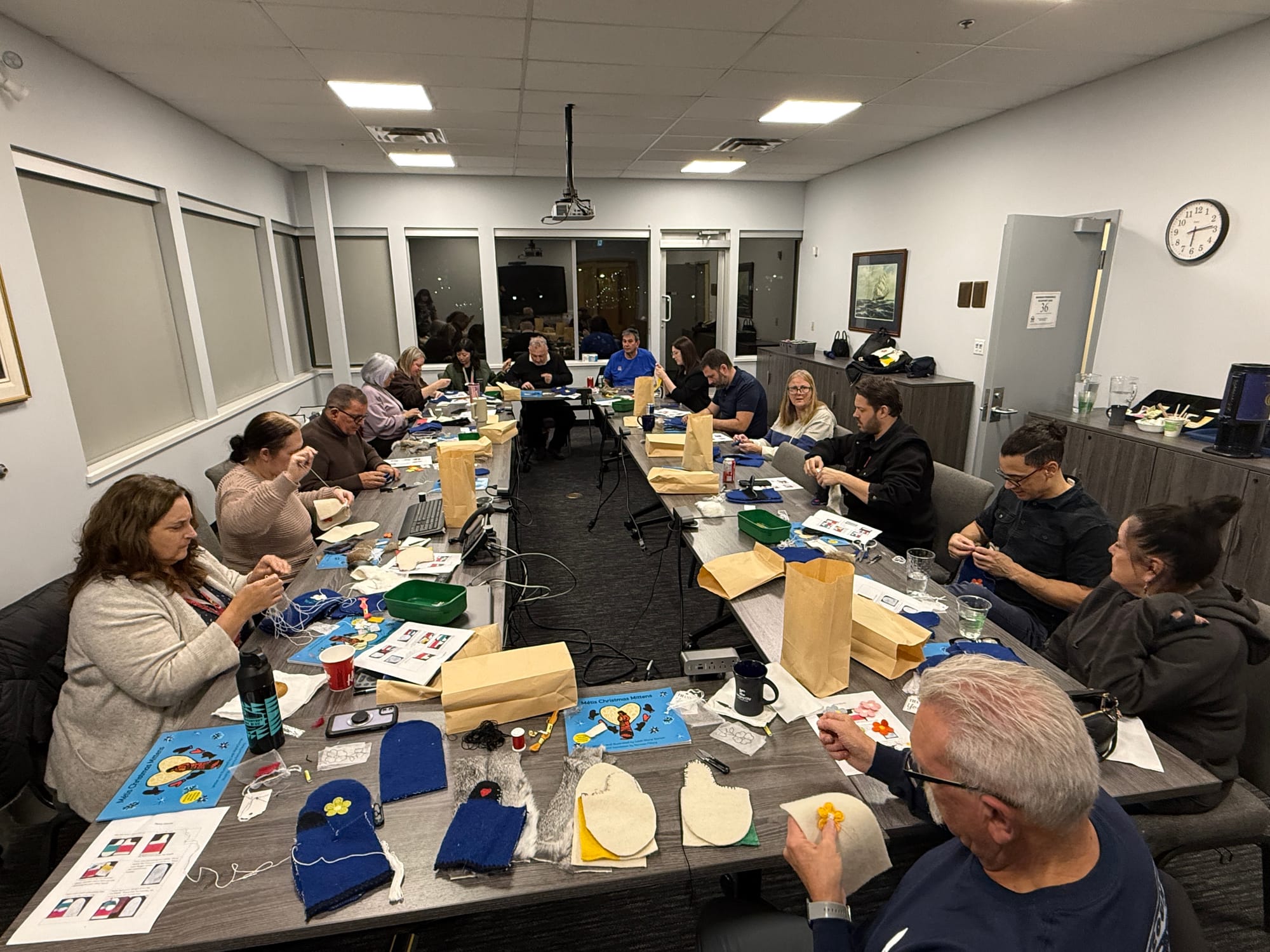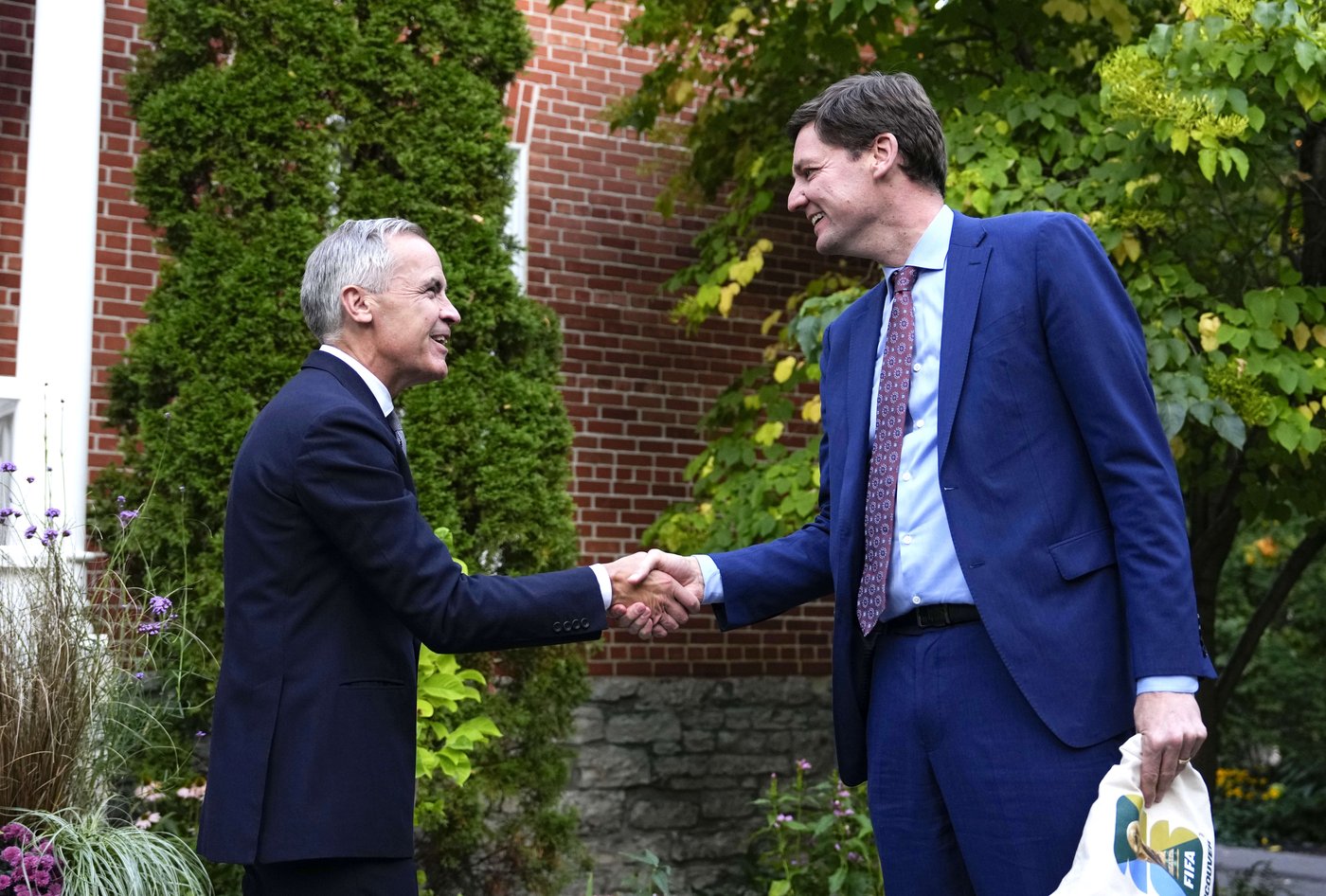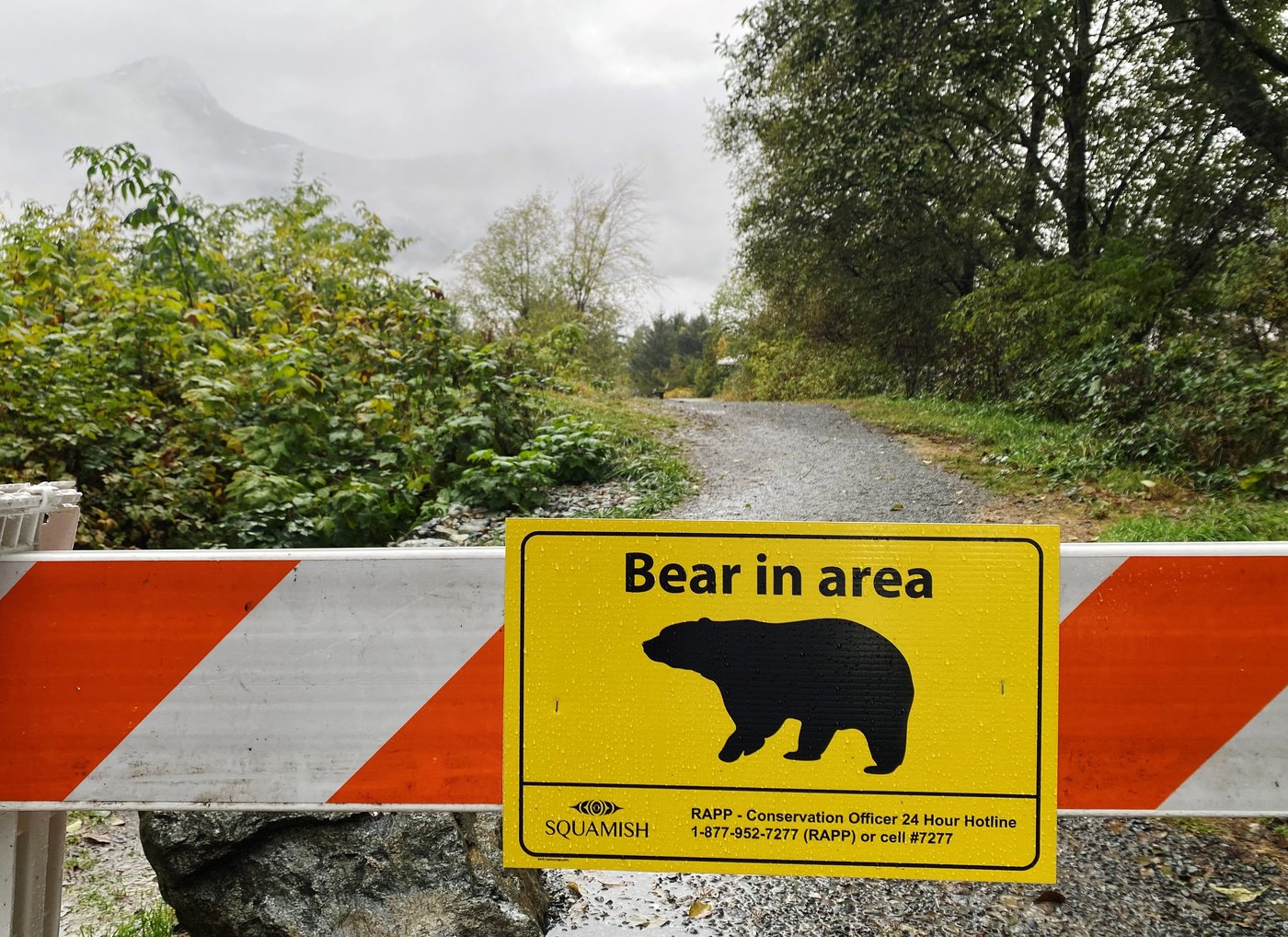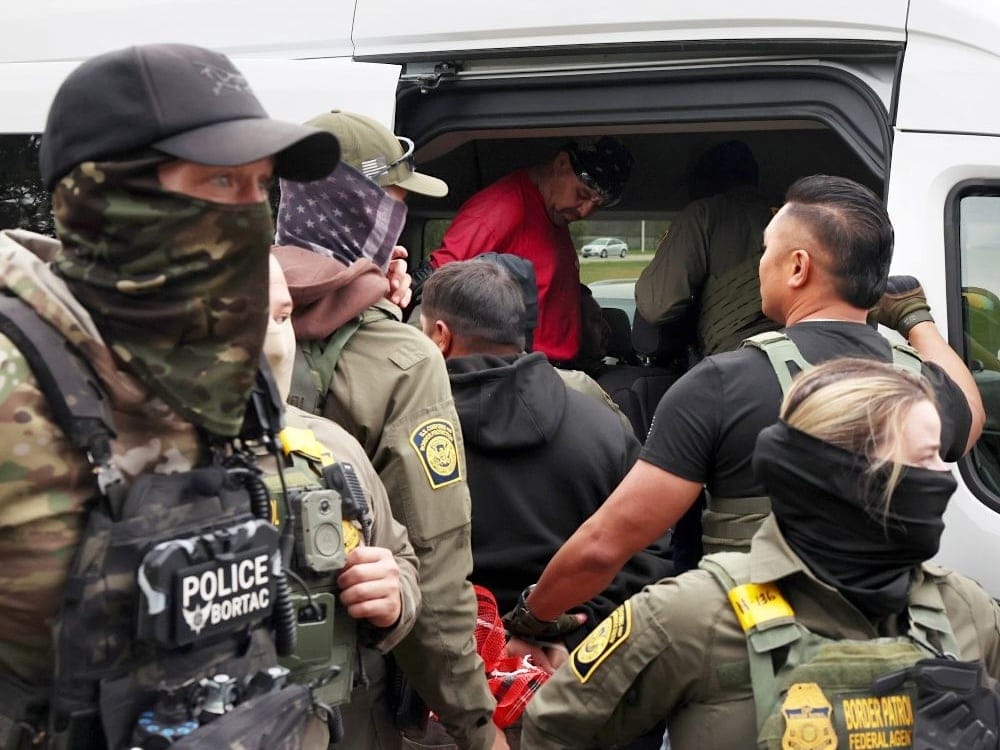Table of Contents
The best way to help The Langley Union grow is simple: share this newsletter. Forward it to a friend, mention it to your family, or post it on social media and encourage others to subscribe.
Good morning, Langley!
We're on the hook for a wet fairly wet and chilly Tuesday, with temperatures hovering around 5°C and consistent rain throughout the day.
Today's roundup covers a simulated helicopter crash at Langley Regional Airport testing emergency protocols, an urgent funding crisis at Archway Food Bank as demand soars past 6,200 monthly users, and a heartwarming cultural exchange where Langley City Council learned traditional Métis mitten-making.
We're also tracking Premier Eby's demand for a seat at pipeline discussion tables, the capture of two grizzly bears following a serious attack in Bella Coola, a potential chronic wasting disease case in Okanagan deer, and concerning reports that Canadian border agents are adopting ICE-style workplace raids that experts warn will push vulnerable workers deeper into exploitation.
Langley Airport Tests Emergency Response in Realistic Helicopter Crash Drill

Safety isn't just a checkbox at Langley Regional Airport—it's a full-scale production.
The airport recently conducted a comprehensive emergency response exercise to ensure that when disaster strikes, everyone knows exactly what to do. Standard operating procedures, safety protocols, and emergency preparedness are crucial for any airport operation, and Langley Regional Airport is no exception to this rule.
In a simulated helicopter crash scenario, first responders, airport staff, and emergency personnel worked together to test their readiness for a real crisis. The exercise allowed teams to practice coordination, communication, and response protocols in a controlled environment.
These drills are essential for smaller regional airports like Langley, where maintaining the highest safety standards protects both passengers and the surrounding community.
Archway Food Bank Urgently Needs $1.3 Million to Meet Skyrocketing Demand

The Archway Food Bank in Abbotsford is sounding the alarm as demand reaches unprecedented levels.
With over 6,200 individuals now accessing the food bank each month (up from an average of 5,000 in 2024) the organization needs to raise $1.3 million before year's end to keep shelves stocked.
Without meeting this ambitious goal, the food bank may be forced to make deeper cuts to the nutritious food hampers they provide to families.
The situation mirrors a troubling national trend: Food Banks Canada's HungerCount 2025 report recorded over 2.1 million visits to Canadian food banks in March 2025, the highest number in history and double the visits from March 2019. Alarmingly, 19% of those visits were from people with job income, highlighting how working families are struggling with rising grocery and housing costs.
At the Archway Food Bank, 38% of clients are children, 10% are seniors, and 12% have disabilities.
The organization also runs the Christmas Bureau program, providing holiday meal ingredients and toys to families in need during what can be a particularly difficult season.
Langley City Council Learns Métis Mitten-Making Tradition

Langley City Council traded policy debates for needle and thread last night, learning to make traditional Métis Christmas mittens with guidance from the Waceya Métis Society.
The hands-on workshop taught councillors about an Indigenous winter tradition where mittens crafted from Hudson's Bay blankets and rabbit fur feature bright floral patterns for visibility in snow and red hearts symbolizing the love put into each pair.
Métis families historically left homemade mittens in boxes at their doors for anyone in need, a practice of community care that resonates with the sharing economy values many municipalities now try to foster through official programs.
Mayor Nathan Pachal admitted to accidentally making two left-handed mittens, but everyone left with newfound appreciation for this cultural tradition and a copy of the book Métis Christmas Mittens.
B.C. Premier Eby Demands Seat at the Table for Controversial Pipeline Discussions

For a project that Premier David Eby insists "doesn't actually exist," he certainly has a lot to say about it.
The B.C. Premier has called it "unacceptable" that British Columbia has been completely cut out of discussions regarding a potential pipeline project. Eby directed his frustrations at federal Liberal leadership candidate Mark Carney, making it clear that any infrastructure decisions affecting the province require B.C.'s involvement.
The controversy highlights ongoing tensions between federal and provincial jurisdictions when it comes to major infrastructure projects, particularly those involving energy transportation. B.C. has historically been at the center of pipeline debates, with environmental concerns and Indigenous rights playing significant roles in project approvals.
Eby's stance reflects the province's determination to have meaningful input on projects that could have major environmental, economic, and social impacts on British Columbia communities. The Premier's pointed comments suggest that any pipeline discussions moving forward will need to include provincial representation—whether the project technically exists yet or not.
Bella Coola Grizzly Bears Captured as Investigation Continues After Devastating Attack

The hunt is over, but the investigation is far from complete in Bella Coola.
Two grizzly bears have been captured on British Columbia's central coast following a serious attack that left children and adults injured and in recovery. DNA tests may be conducted on one of the bears to determine if it was involved in the tragic incident.
The BC Conservation Officer Service continues its investigation while the Nuxalk Nation has launched a comprehensive support effort for the victims and their families. The community has rallied together during this difficult time, though authorities are still asking residents to stay clear of the 4 Mile area as a precaution.
Grizzly bear encounters are a serious concern in remote B.C. communities, where wildlife and human habitation sometimes intersect with dangerous consequences. The captures represent a significant step forward in the investigation, and the DNA testing could provide crucial answers about what happened during the attack.
Chronic Wasting Disease Suspected in B.C. Okanagan Deer, Hunters Asked to Submit Samples

A concerning wildlife health issue is emerging in British Columbia's Okanagan region.
The provincial government is investigating a potential case of chronic wasting disease (CWD) in a deer harvested near Enderby.
Hunters throughout B.C., and especially in the Okanagan area, are being urgently asked to submit deer samples to help authorities track the disease's presence and spread.
Chronic wasting disease is a fatal neurological illness affecting deer, elk, and moose, often compared to mad cow disease. It spreads through bodily fluids and contaminated environments, and infected animals typically die within a few years of contracting it.
If confirmed, this would be a significant wildlife management concern for British Columbia, as CWD has devastated deer populations in other North American jurisdictions. Early detection and monitoring through hunter-submitted samples are crucial for understanding the scope of the problem and developing management strategies to protect B.C.'s wild deer populations.
Canada Adopting ICE-Style Workplace Raids as Deportations Surge

Canadian border agents lined up workers at a Calgary construction site last month demanding identification, sparking concerns that Canada is adopting ICE-style workplace raids that destroy trust between police and immigrant communities.
The Canada Border Services Agency has already deported over 12,000 people this year, continuing a troubling upward trend while the federal government introduces bills that would give immigration ministers sweeping powers to cancel already-issued documents and tighten refugee timelines.
Experts argue that enforcement-heavy approaches push vulnerable workers further underground where exploitation thrives, rather than creating pathways to legal status for people already doing essential construction and service jobs Canadian cities desperately need.
The Calgary raid involved police presence typically reserved for serious threats, raising questions about whether law enforcement should be enlisted for immigration enforcement when research shows it undermines community safety by making witnesses afraid to report crimes.
People who are actively employed now make up nearly one in five food bank visits across Canada, more than people reporting no income at all.
The Archway Food Bank in Abbotsford serves over 6,200 people each month (including 38% children) and needs to raise $1.3 million before year's end to keep providing nutritious food hampers to neighbours who've exhausted every other option.
Please donate to ensure no family in our community goes hungry this winter.
What did you think of this story?
Take our quick 2-minute survey to let us know how we're doing and what topics you'd like to see The Langley Union cover next.

